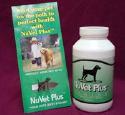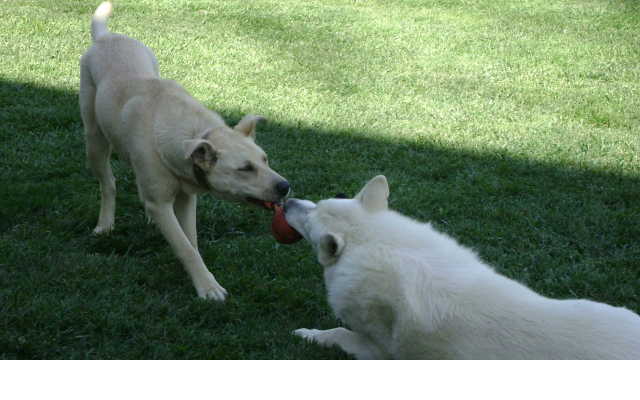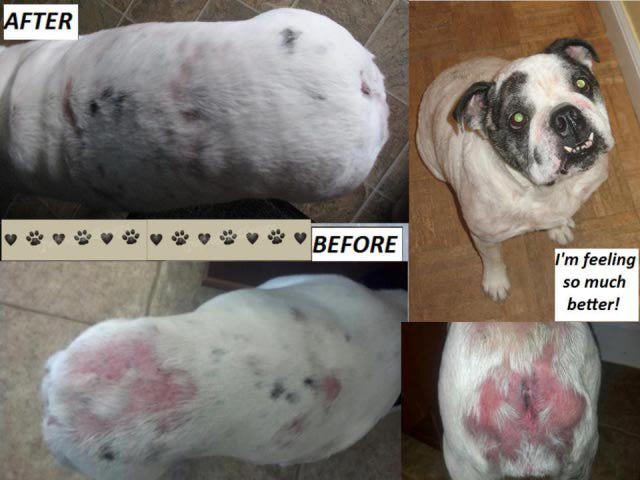QuestionI got my little female hamster about a week ago, for the last 2 days she has been sleeping day and night, and hasn't really eaten anything. She has nibbled on her "stash" here and there but hasn't touched her food bowl. She did wake up a couple times to take a drink of water. Anyway I picked her up and talked to her and petted her, and I looked at her bottom, and it is dirty with poop and definatly looks wet. If this is wet tail, do I have to take her to the vet right away or is there something that I can do at home to help her feel better.
AnswerHello Christina -
Wet Tail is a disease that is thought to be stress related and often affects young hamsters around the time of weaning, as this can be a stressful time. Therefore it is important when buying a new hamster that its cage is prepared before its arrival home and it is left to become familiar with its new surroundings in peace apart from feeding for a day or two to keep stress to a minimum. It is also thought that Wet Tail can be caused by bad living conditions, etc which could also cause stress.
Wet Tail is a bacterial infection or an imbalance of the natural bacteria in the hamster's stomach or intestine and is often confused with diarrhea. Although a hamster with Wet Tail has diarrhea, the diarrhea is so severe that the hamster is wet and/or dirty not only around the anus but usually around the top of the tail as well. The diarrhea is accompanied by a strong unpleasant smell. Droppings are pale in colour and extremely soft and may contain mucus. The hamster often walks hunched up, is weak and lethargic and may squeal in pain. Symptoms take 7 days to appear and the disease is often fatal with death occurring as early as 24 hours after the appearance of the symptoms. Therefore it is vital that veterinary treatment is sought immediately if a hamster shows symptoms of Wet Tail. Do not rely on over-the-counter products such as Dri-Tail to treat Wet Tail as these are often not effective against severe cases of Wet Tail. These should only be used if it is not possible to get the hamster to a vet immediately and veterinary advice should still be sought at the earliest opportunity, but do ensure if you have used any over-the-counter product that you inform your vet when you visit.
Hamsters suffering from Wet Tail often die from dehydration rather than from Wet Tail itself, or they simply refuse to eat or drink. Also, because of the severe diarrhea Wet Tail can lead to rectal prolapse where the intestine is pushed outside the body through the anus.
Veterinary treatment will consist of a course of antibiotics, anti-diarrhoeal medication and help with rehydration. The hamster should be kept warm and quiet whilst undergoing treatment and be disturbed as little as possible. Wet Tail is contagious to other hamsters and so any hamster suffering from Wet Tail should be isolated from other hamsters. It is also a good idea to wash your hands thoroughly after handling a hamster suffering from Wet Tail, to avoid passing the infection back to the hamster worsening its condition and certainly before handling other hamsters (this is best kept to a minimum). It is a good idea to remove droppings from the cage at intervals and disinfect the cage with a disinfectant designed for small animal cages when cleaning the cage. Although it is important to keep stress to a minimum it may help to clean the cage of a hamster suffering from Wet Tail every 2 or 3 days.
Any equipment occupied or used by a hamster that has died from Wet Tail should be disinfected thoroughly with a disinfectant designed for small animal cages and left to stand for a few weeks before being used by another hamster.
If you hamster has any of these extreme symptoms please schedule an appointment with your vet. As I mentioned above, over the counter medicines do not work that well and can cause more harm then good.
At this point I cannot recommend a natural treatment for your pet other then keeping her comfortable. Feel free to contact me if you have further questions.
I hope this information has helped you and your pet.
If you would like information on natural and herbal remedies for human and animal concerns please contact me at wintersaurora@yahoo.com and I will be happy to assist you and send you my catalog of home made herbal remedies.
Thank you and best wishes to you and your pet.
Sincerely,
Sharon Hubbs, AHG
Certified Natural Health Consultant & Herbalist

 ticks on cats/ Pet Nurse Maries Holistic Flea and Tick Spray / Recipe
QuestionWe use Revolution on the outside stray kitties
ticks on cats/ Pet Nurse Maries Holistic Flea and Tick Spray / Recipe
QuestionWe use Revolution on the outside stray kitties
 canine low fat/low protein diet;
QuestionQUESTION: Please advise a low fat/low protein d
canine low fat/low protein diet;
QuestionQUESTION: Please advise a low fat/low protein d
 mixed breed losing hair/itching
Question
Anna before she starte
I adopted a mix breed l
mixed breed losing hair/itching
Question
Anna before she starte
I adopted a mix breed l
 Hills ZD Alternative
QuestionCharlie
QUESTION: My Weimaraner, Charlie
Hills ZD Alternative
QuestionCharlie
QUESTION: My Weimaraner, Charlie
 hot spots bulldog ; itchy dog ;
QuestionI wrote to you about my bulldog and her hot spo
hot spots bulldog ; itchy dog ;
QuestionI wrote to you about my bulldog and her hot spo